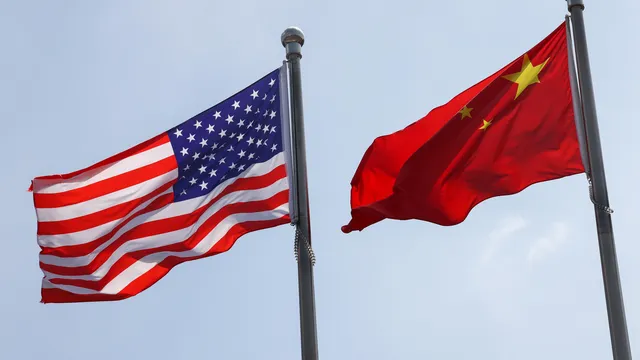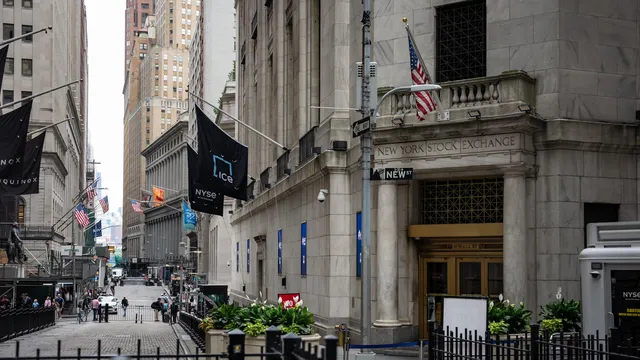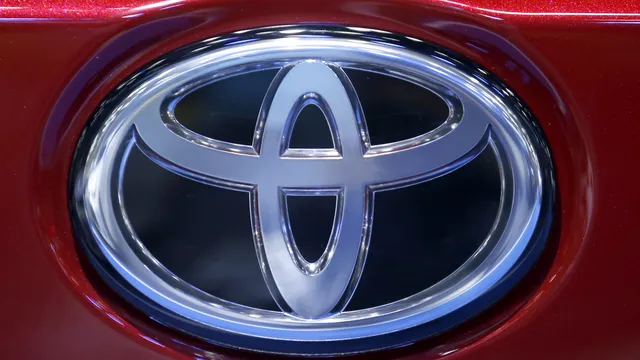U.S. President Donald Trump has signed an order to postpone the reintroduction of higher tariffs on Chinese goods, sources from his administration reported, hours before the trade truce between Washington and Beijing was set to expire, AFP reported.
The suspension of the stricter tariffs will be extended for another 90 days, Wall Street Journal and CNBC informed, citing administration officials. The White House has not responded to inquiries on the matter.
This year, the U.S. and China imposed mutually escalating tariffs reaching triple digits, which have stifled trade between the two countries. However, in May, the two nations agreed to temporarily reduce them, and the moratorium’s deadline is approaching.
When asked about the deadline, Trump said: “We’ll see what happens. They are treating us very well. The relationship between me and President Xi [Jinping] is very good.”
The president also highlighted the tariff revenues the U.S. has collected since his return to the White House, noting that “we get along very well with China.”
Chinese Foreign Ministry spokesperson Lin Jiang stated that Beijing hopes the U.S. will “work in the spirit of the consensus reached during the phone call between the two presidents” and called for “positive results based on equality, respect, and mutual benefit.”
The full text of Trump’s latest order has not yet been published, and according to the Wall Street Journal, the extension will keep the truce in effect until early November.
Despite reaching an agreement to reduce tensions following high-level talks in Geneva in May, the truce has proven unstable.
In June, key economic representatives met in London, where disagreements arose and U.S. officials accused their Chinese counterparts of violating the agreement. The next meeting took place last month in Stockholm.
U.S. Trade Representative Jamison Greer said that Trump will have the “final decision” on any potential extension.
On social media, Trump expressed hope that China would “quickly quadruple its soybean orders,” calling it a way to balance trade between the two countries.
For now, the extension means that U.S. tariffs on Chinese goods remain at 30%, while the corresponding Chinese tariff on American products is 10%.
After returning to office in January, Trump introduced a 10% “reciprocal” tariff on almost all trading partners to address unfair trade practices.
This tariff was increased to various higher levels for dozens of economies. Major partners such as the European Union, Japan, and South Korea now pay a 15% tariff on many goods, while for Syria the rate reached 41%.
The “reciprocal” tariffs do not include specific sectors such as steel and aluminum, which are under separate restrictions, nor industries under review, such as pharmaceuticals and semiconductors.
Gold is expected to be exempted, but a recently published clarification from U.S. customs authorities raised concerns that some gold bars might still be affected. Trump assured that gold imports will not be subject to additional tariffs, without providing further details.
The U.S. president also drew attention to specific countries such as Brazil in connection with the case against former President Jair Bolsonaro, accused of plotting a coup, and India due to its purchases of Russian oil.
Canada and Mexico fall under a different customs tariff regime. |BGNES

 Breaking news
Breaking news
 Europe
Europe
 Bulgaria
Bulgaria







